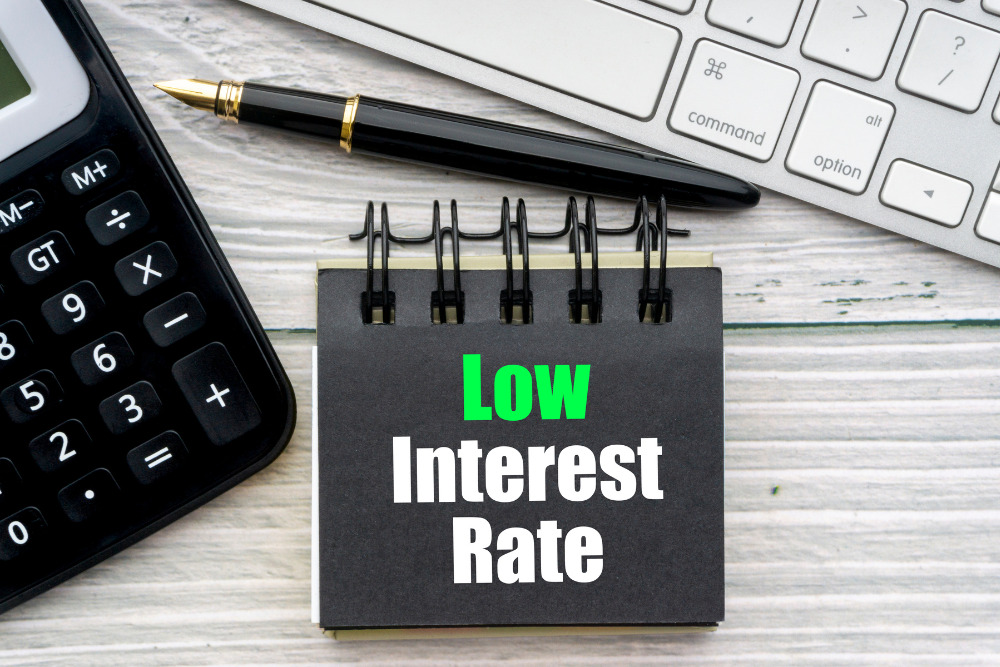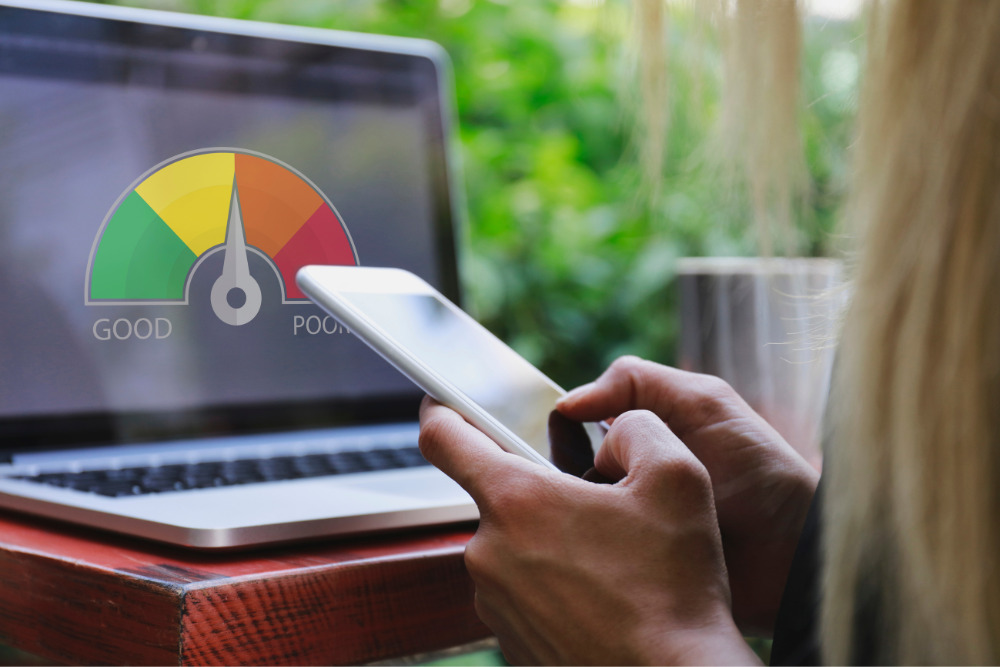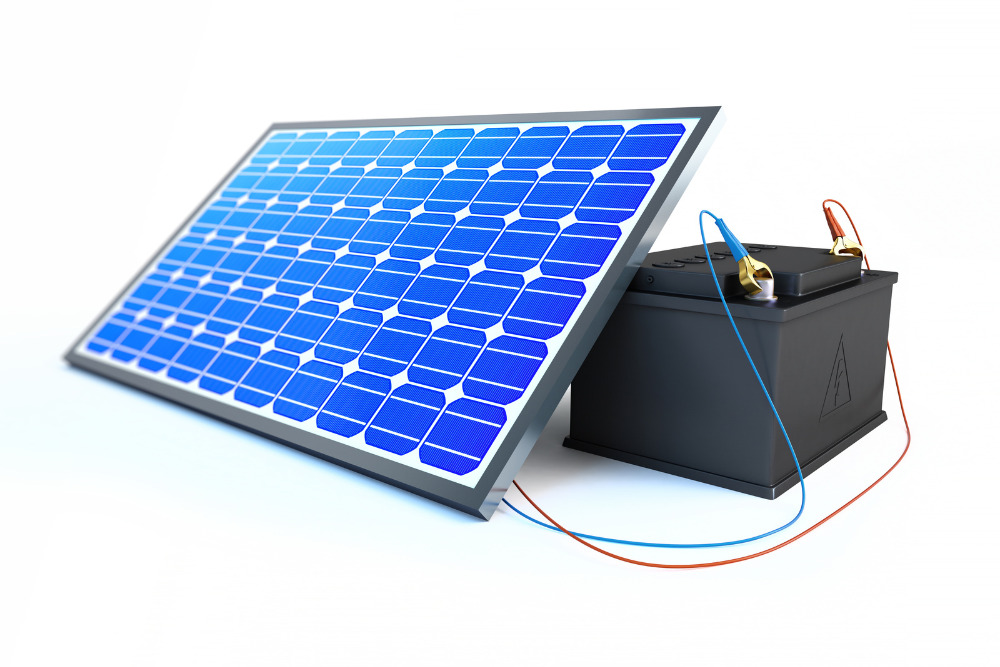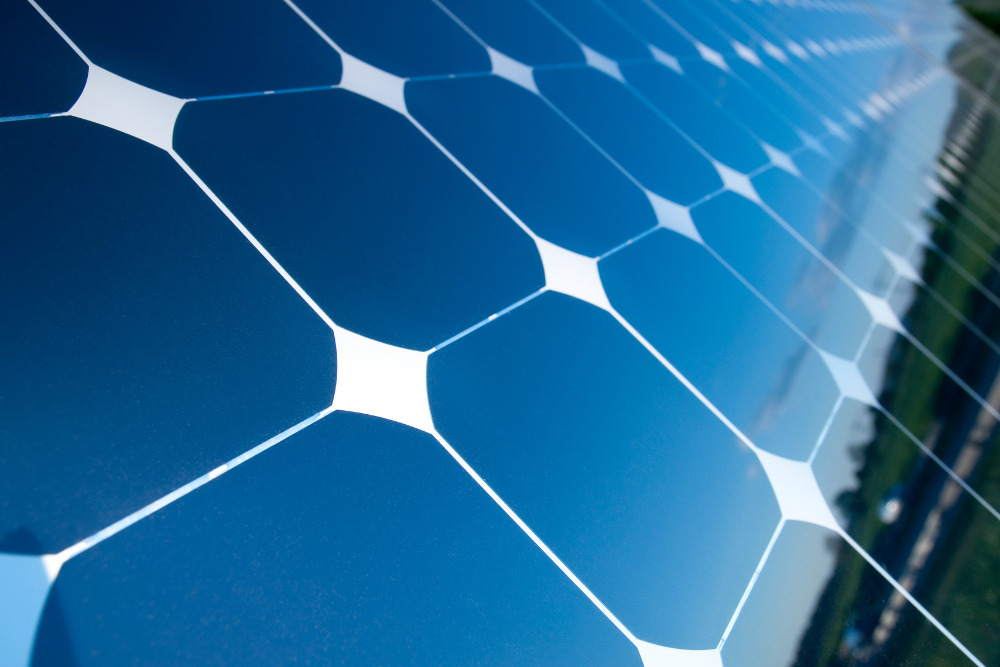
Installing a solar panel system is a big investment that homeowners rarely have cash to pay for. In addition to the incentives and tax credits offered, many banks and financing companies offer low-interest solar loans to make solar even more affordable.
Home solar energy system costs tend to be high for homeowners, so many turn to various low-interest solar loan options to help cover the expenses. The minimum credit score to get a solar loan is typically around 600. Check with your local solar panel loan providers such as banks, credit unions, and solar financing companies to find the best solar financing options for you.
What Is A Solar Loan?
A solar loan is a type of loan that helps homeowners finance solar panel installation.
Solar loans can be secured or unsecured. A secured loan requires collateral, typically your home or the panels. An unsecured loan doesn’t require an asset, so you can expect to have a higher monthly payment.
Both solar loan types come down to monthly payments with varying interest rates and repayment terms. There generally aren’t high upfront costs associated with either, but unsecured loans may have hidden origination fees. There also shouldn’t be down payment requirements or high prepayment penalties, regardless of the loan product you qualify for.
How To Find Low-Interest Solar Loans
Typical low-interest solar panel loan providers include:
Banks and credit unions
Your local bank may offer home improvement loans that cover solar installation or specifically energy efficiency loans. Credit unions also offer residential solar loans, often with lower interest rates.
Public-private partnerships (PPPs)
Public-private partnerships (PPPs) are another solar panel financing option. These partnerships are a collaboration between government entities and private lenders. For instance, there could be a power purchase agreement (PPA) between your municipality or another government body and a solar provider that allows you to purchase solar power at a fixed rate, but you don’t actually own the panels.
Some municipalities participate in the Property Assessed Clean Energy (PACE) programs without the PPPs. If you get your solar loan approved this way, you repay it through annual property taxes instead of monthly loan payments.
Solar installers and financing companies
Solar companies can also offer solar loans, usually through programs like GoodLeap or by partnering with specialized solar financing companies such as Sunlight Financial, SunPower, Lightstream, and Mosaic. You can contact these solar lenders on your own as well to discuss various financing options.
Utility companies
Utility companies may offer low-interest solar loans that you pay through electricity bills. Alternatively, you can ask them about solar leasing.
Database of State Incentives for Renewables & Efficiency (DSIRE) is an excellent resource of low-interest loan programs and incentives like federal solar tax credits and rebates available in your area.
If you are planning any upgrades, like SolarSkin overlays to improve the aesthetics of the solar panels, make sure to review the loan terms and ask your lender if nonessential components are covered by the loan you’re getting.

What Is The Lowest Interest Rate On A Solar Loan?
The lowest annual percentage rate (APR) on a solar loan is 3%. Typical loan rates range from 4% to 7%, but can go up to 36% for poor credit borrowers.
Besides your credit score, the factors that affect the interest rate are loan amount, loan term, and loan type, as well as the solar lenders and the overall market conditions.
What Credit Score Do You Need To Get A Low-Interest Solar Loan?
The minimum credit score to qualify for a low-interest solar loan depends on the lender, but it’s typically around 600. Excellent credit scores get better offers and more competitive interest rates, though.
Most lenders do a soft credit check as part of your loan application process, so you don’t need to worry about the impact on your credit score.

Other Ways To Pay For Solar Power
There are several other ways to finance solar panels, including:
- Credit cards - especially if you have low-interest or fixed rate cards.
- Personal loans - although these tend to have a higher interest rate.
- HELOC - a home equity line of credit lets you draw on your home’s equity to pay for the solar panels upfront. These lines of credit tend to have high or adjustable interest rates.
- Refinancing - you can also refinance your home, cash out the equity to pay for the solar panels upfront, then roll the borrowed equity back into your mortgage. This only makes sense if current interest rates are significantly lower than your original mortgage.


